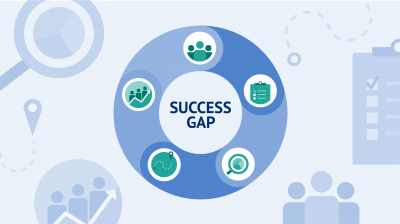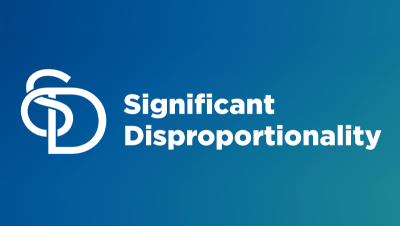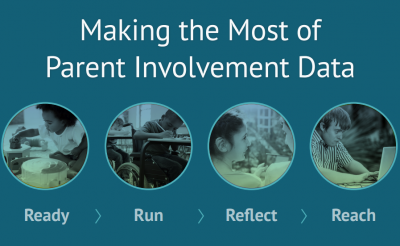
Resource Library
Guides. Briefs. Toolkits. Quick reference information. IDC and its partners created these data quality resources to help states better prepare to address their existing or emerging IDEA data quality needs. Use our search and filtering tools to navigate the library.
Resources 1 - 7 of 14
Format: Toolkits
Success Gaps Toolkit: Addressing Equity, Inclusion, and OpportunityThe Success Gaps Toolkit presents a process for using data and the Success Gap Rubric to identify root causes of gaps between groups of children in districts or schools. These success gaps occur when the education system is not meeting the needs of all groups of children and outcomes for some groups are different than outcomes for most groups. The toolkit, with its process and materials, provides a manageable and defined way for districts or schools to identify success gaps that are present and their root causes and then make a plan for addressing the gaps. The success gaps may be the graduation rate of students who are English learners compared to the rate of all other children, the out-of-school suspension rate of children who are Black compared to the rate of all other children, the identification of children who are Hispanic as children with specific learning disabilities compared to the identification of all other children, and other gaps.
Format: Applications and Spreadsheets
Equity Requirements in IDEAThis resource compares the three equity requirements in IDEA (disproportionate representation, significant discrepancy, and significant disproportionality) across various elements to explain the similarities and the differences among the requirements.
Format: Guides and Briefs
Examining Representation and Identification: Over, Under, or Both?Significant disproportionality with regard to identifying children as children with disabilities or as children with specific disabilities is, by definition, overrepresentation. This resource defines overrepresentation and three related terms: over-identification, under-identification, and underrepresentation. States can use this resource, in conjunction with the Success Gaps Toolkit to help identify and address the factors contributing to significant disproportionality (i.e., overrepresentation) within school districts.
Format: Quick Reference
Significant Disproportionality ResourcesThe Equity in IDEA regulations require states to determine annually if local education agencies (LEAs) are identified with significant disproportionality. The regulations outline specific requirements related to methods for identifying LEAs and activities the LEAs must complete after they are identified. These significant disproportionality resources can assist states with implementing these requirements and supporting LEAs through the process of meeting the requirements.
Format: Quick Reference
Comprehensive IDC Part B Tool & Product ListThis resource is a list of IDC produced Part B tools and products arranged by topic area. The list provides a brief description and link to each tool or product. Users can quickly scan for useful tools and products to ensure that they have explored all of the many Part B available resources that IDC has produced.
Format: Toolkits
Making the Most of Parent Involvement Data: Improving Quality and Enhancing UnderstandingThis toolkit is designed to assist states as they plan for and carry out their efforts to collect, report, analyze, and use high-quality parent and family involvement data. It defines key concepts; offers guidance on ways to improve the quality of the collection, analysis, and use of parent and family involvement data; and provides resources and tools to help states in their efforts parent involvement data efforts.
Format: Toolkits
Data Meeting ToolkitThe Data Meeting Toolkit is a suite of tools that groups can use to guide conversation around data and support data-based decisionmaking. The toolkit provides resources to support success before, during, and after data meetings.








